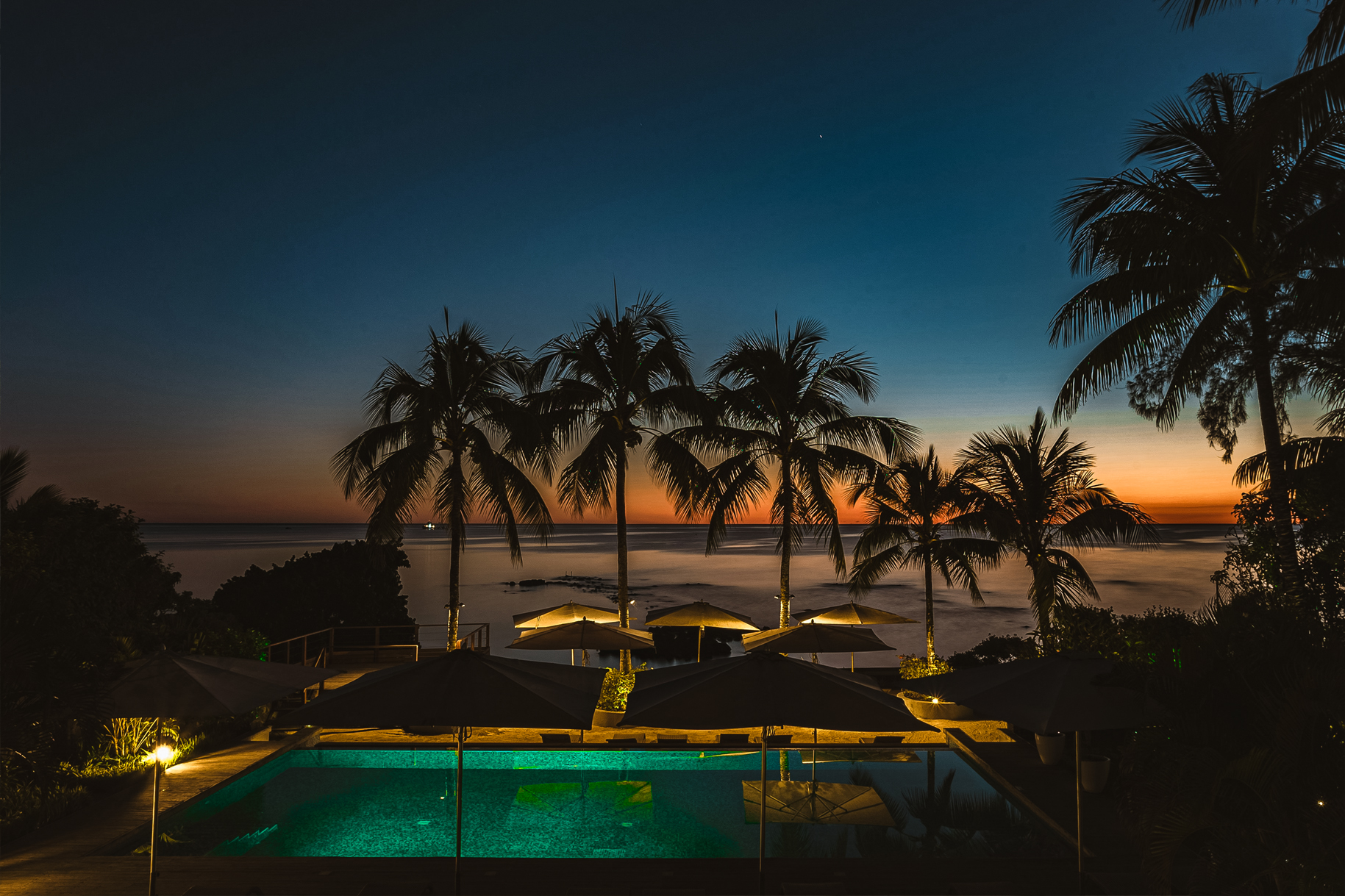written by Jasmine Tam
Two identical hotels can offer the same thread count, marble bathrooms, and concierge services, yet one commands double the nightly rate while maintaining higher occupancy. The difference rarely lies in measurable amenities but in how each property positions itself within the luxury market landscape.
Thread counts and service standards have reached parity across premium hospitality, yet booking decisions still favor certain properties over others. This creates market conditions where perception engineering determines competitive success more than operational excellence alone.
Understanding how positioning influences luxury purchasing decisions enables boutique hotels to command premium rates through strategic intelligence rather than expensive facility upgrades. The properties that recognize this dynamic invest in sophisticated market positioning rather than endless amenity arms races.

Legacy hotels dominate through century-old reputations, leaving newer properties scrambling to establish credibility through historical references that often feel manufactured. The most successful boutique hotels abandon this approach entirely, creating perception advantages through completely different mechanisms.
Modern luxury travelers value cultural intelligence and authentic local integration over traditional luxury markers. Properties that position themselves through genuine community connection and destination expertise create differentiation that heritage-focused competitors cannot replicate simply through longevity.
The strategic opportunity lies in expressing these authentic advantages through communication that demonstrates cultural fluency rather than attempting defensive positioning against established competitors. Confidence in articulating distinctive approaches proves more compelling than explanations about why properties deserve consideration despite lacking traditional credentials.
Experiential luxury has shifted toward cultural understanding rather than standardized service packages. Travelers increasingly choose properties that demonstrate genuine destination knowledge over those offering identical amenity checklists available at competing locations.
This intelligence manifests through specific local insights, cultivated community relationships, and service approaches that reflect authentic regional integration. These elements create immediate perceived value while remaining completely invisible to properties focused on traditional luxury metrics and facility comparisons.
Cultural positioning succeeds because it requires institutional development that cannot be purchased or implemented quickly. Properties must invest time building genuine local relationships and developing service philosophies that reflect authentic community understanding rather than generic hospitality templates applied universally.
Recognition through respected third parties can compress decades of reputation building into strategic partnerships that enhance market perception immediately. This approach requires systematic relationship cultivation with credible sources who provide authentic endorsement based on actual experience quality.
Validation emerges through targeted partnerships with respected cultural institutions, recognized hospitality professionals, or rigorous travel platforms that evaluate properties through sophisticated standards. These relationships transfer credibility that enhances market perception independent from direct marketing communications.
Success requires developing genuine relationships through exceptional service delivery rather than promotional outreach. Properties must create experiences worthy of authentic recommendation before pursuing strategic validation opportunities that enhance market positioning.
Market research consistently shows perceived quality influences luxury purchasing more than measurable product differences when baseline standards are met. This dynamic creates opportunities for properties that understand perception psychology rather than focusing exclusively on operational metrics.
Discerning travelers often cannot distinguish objective quality differences between well-managed properties, yet develop strong preferences based on communication sophistication, cultural positioning, and institutional character expression. These perceptual elements influence booking decisions in ways amenity comparisons cannot match.
This psychology enables strategic investment in perception enhancement rather than expensive facility upgrades that may not affect guest acquisition. The approach prioritizes positioning intelligence over capital expenditure while building sustainable competitive advantages that support premium pricing through perceived value creation.
Properties that master perception engineering position themselves advantageously where operational excellence has become baseline expectation rather than differentiating advantage. Strategic positioning through cultural intelligence and authentic validation creates market advantages that attract discerning travelers who value institutional character over standardized luxury amenities.
Strategic perception management provides essential competitive advantage for boutique hospitality properties through positioning intelligence rather than operational enhancement alone.
July 7, 2025